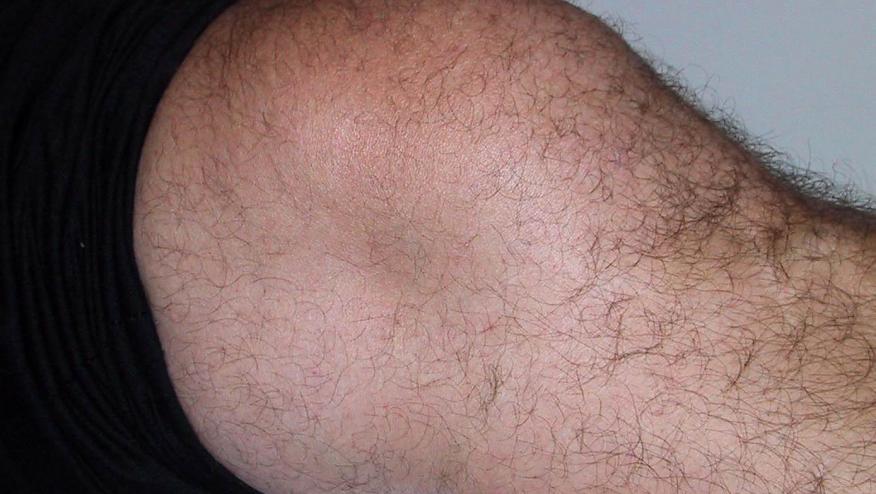Treating OA Knee Effusions with Low-Dose Spironolactone Save

Knee effusions in osteoarthritis are estimated to occur in 44% of patients, and more than half of these are painful. Management of knee OA with effusions can be problematic given the treatment options and the high recurrence rate.
A recent report focused on a novel intervention in such patients: spironolactone. Authors chose this approach based on spironolactones adjunctive use in ascites, positive uncontrolled results and no effect on blood pressure or uric acid.
A prospective trial in 200 knee OA patients, over age 40 years, with a unilateral knee effusion were randomized to 4 groups:
- group 1: 50 patients received spironolactone 25 mg daily for 2 weeks
- group 2: 50 patients took ibuprofen 1200 mg daily for 2 weeks
- group 3, 50 patients used cold compresses 2 times daily for 2 weeks
- group 4, 50 patients received placebo for 2 weeks
Synovial fluid > 4 mm was considered as effusion. Decrease in fluid to reach below 4-mm thickness was considered complete improvement, and any decrease that did not reach below 4 mm thickness was considered partial improvement.
Results showed that group 1 had significant improvement, while the other groups did not. In group 1, 66% had complete improvement, 20% partial improvement, and 14% no response. In group 2, 24% had complete improvement, 12% partial improvement, and 64% no response. In group 3, 28% had complete improvement, 14% partial improvement, and 58% no response. In group 4, only 6% had complete improvement, 10% partial improvement, and 84% no response.
These controlled trial results suggest that spironolactone is safe and effective when treating OA-related knee effusions.










If you are a health practitioner, you may Login/Register to comment.
Due to the nature of these comment forums, only health practitioners are allowed to comment at this time.